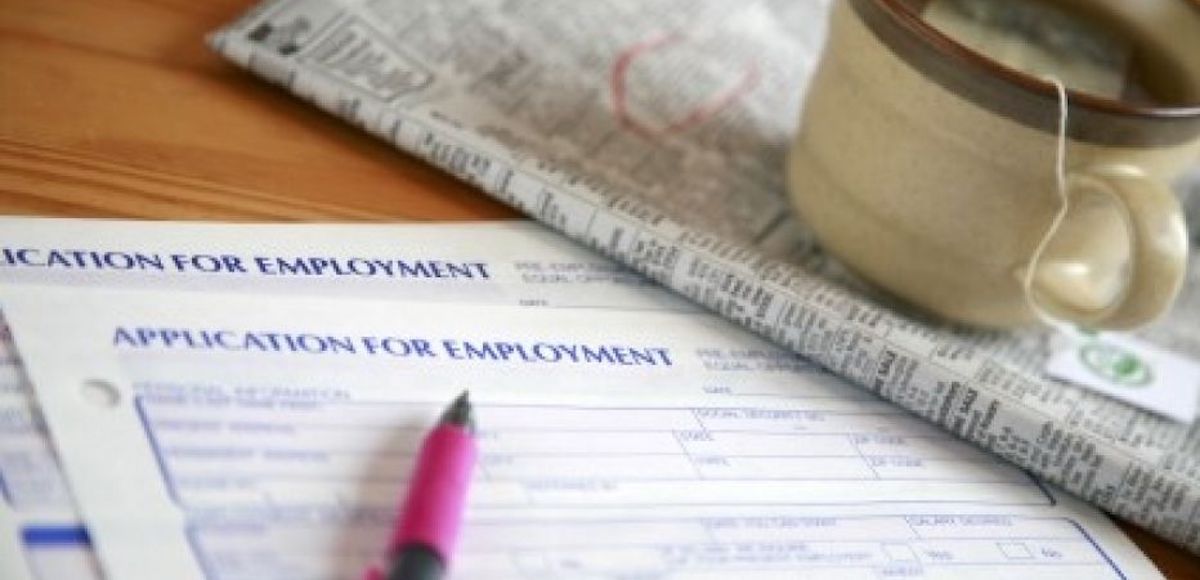

Jobless claims, an application for first-time unemployment benefits. (Photo: Reuters)
First-time applications for jobless claims came in at a seasonally adjusted 245,000 for the week ending December 23, unchanged from the previous week’s unrevised level of 245,000. The 4-week moving average was 237,750, an increase of 1,750 from the previous week’s unrevised average of 236,000.
Worth noting, this report is clouded by the fact 15 states were estimated and claims-taking procedures continue to be disrupted in the Virgin Islands. Further, the claims taking process in Puerto Rico has still not returned to normal.
Extended Benefits were available in Alaska during the week ending December 9.
The insured unemployment rate was unchanged at a very low 1.4% for the week ending December 16 and the advance number for seasonally adjusted insured unemployment during the week ending December 16 was 1,943,000. That’s an increase of 7,000 from the previous week, which was revised up 4,000 from 1,932,000 to 1,936,000.
However, the 4-week moving average was 1,919,750, a decrease of 4,250 from the previous week’s revised average. The previous week’s average was revised up by 1,000 from 1,923,000 to 1,924,000.
Overall, the highly-estimated reported doesn’t changed the strong labor market conditions ahead of the monthly report on the employment situation next week.
The highest insured unemployment rates in the week ending December 9 were in Puerto Rico (5.9), Alaska (4.1), the Virgin Islands (3.6), New Jersey (2.3), California (2.2), Montana (2.2), Connecticut(2.1), Pennsylvania (2.1), Illinois (1.9), and Massachusetts (1.9).
The largest increases in initial claims for the week ending December 16 were in New York (+2,168), Ohio (+2,062), Massachusetts (+1,928), Indiana (+927), and New Jersey (+894), while the largest decreases were in Puerto Rico (-1,225), South Carolina (-708), West Virginia (-611), Michigan (-518), and Illinois (-492).
The most damning journalistic sin committed by the media during the era of Russia collusion…
The first ecological study finds mask mandates were not effective at slowing the spread of…
On "What Are the Odds?" Monday, Robert Barnes and Rich Baris note how big tech…
On "What Are the Odds?" Monday, Robert Barnes and Rich Baris discuss why America First…
Personal income fell $1,516.6 billion (7.1%) in February, roughly the consensus forecast, while consumer spending…
Research finds those previously infected by or vaccinated against SARS-CoV-2 are not at risk of…
This website uses cookies.